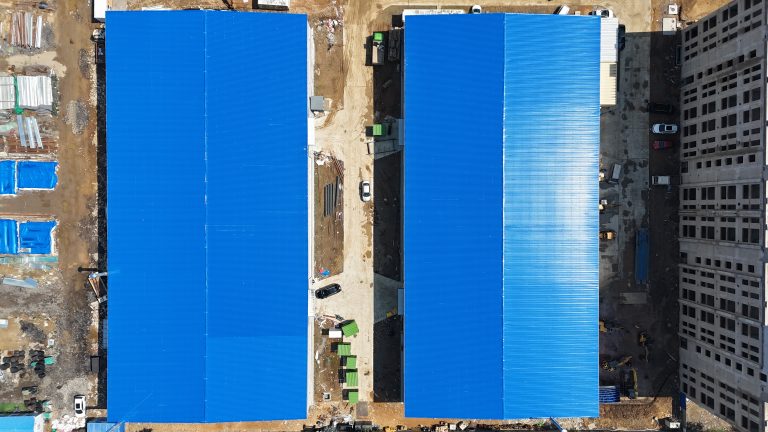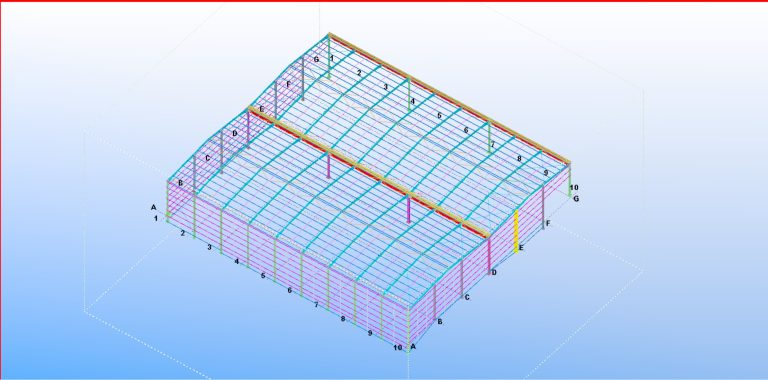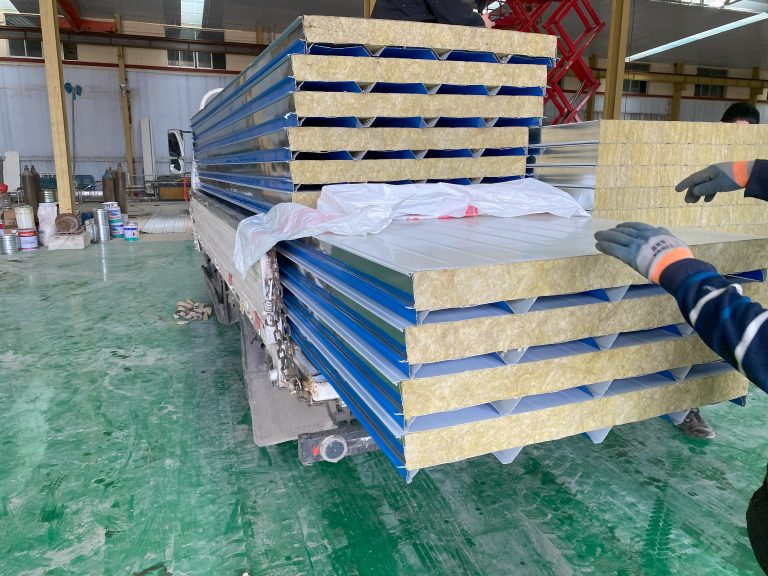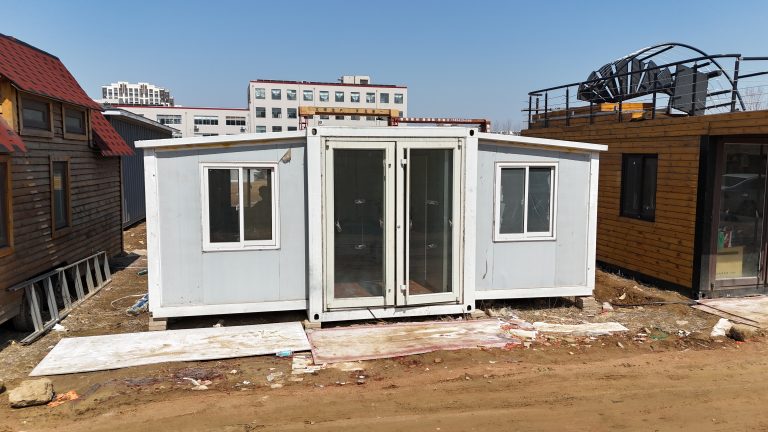Steel construction industry policy: regulations affecting development.
Table of Contents
Impact of Building Codes on Steel Construction Industry Growth
The steel construction industry plays a crucial role in the development of infrastructure around the world. From skyscrapers to bridges, steel is a versatile and durable material that is essential for modern construction projects. However, the growth of the steel construction industry is heavily influenced by government regulations and building codes. These regulations are put in place to ensure the safety and quality of construction projects, but they can also have a significant impact on the development of the industry.
Building codes are a set of regulations that govern the design, construction, and maintenance of buildings. These codes are developed by government agencies and industry organizations to ensure that buildings are safe, durable, and energy-efficient. Building codes cover a wide range of topics, including structural design, fire safety, plumbing, and electrical systems. For the steel construction industry, building codes play a crucial role in determining the materials and techniques that can be used in construction projects.
One of the key ways in which building codes impact the steel construction industry is through the requirements for structural design. Building codes specify the minimum requirements for the design of steel structures, including the size and spacing of structural members, the type of connections used, and the load-bearing capacity of the structure. These requirements are based on engineering principles and are intended to ensure that buildings are able to withstand the forces they will be subjected to during their lifetime.
Building codes also play a role in determining the fire safety of steel structures. Steel is a non-combustible material, which makes it an attractive choice for construction projects where fire safety is a concern. However, building codes often require additional fire protection measures for steel structures, such as fire-resistant coatings or fireproofing materials. These requirements can add to the cost and complexity of steel construction projects, but they are essential for ensuring the safety of occupants in the event of a fire.

In addition to structural design and fire safety requirements, building codes also address other aspects of steel construction, such as energy efficiency and sustainability. Many building codes now include requirements for energy-efficient building design, such as the use of insulated steel panels or high-performance windows. These requirements are intended to reduce the environmental impact of buildings and lower their operating costs over time.
Overall, building codes have a significant impact on the steel construction industry. While these regulations are essential for ensuring the safety and quality of construction projects, they can also pose challenges for industry growth. Compliance with building codes can add to the cost and complexity of steel construction projects, making it more difficult for companies to compete in the market. However, by staying informed about the latest building code requirements and investing in innovative construction techniques, the steel construction industry can continue to thrive and contribute to the development of infrastructure around the world.
Environmental Regulations and Sustainability in Steel Construction Industry
The steel construction industry plays a crucial role in the development of infrastructure and buildings around the world. However, the industry is also subject to various regulations and policies that aim to ensure environmental sustainability and safety. These regulations can have a significant impact on the development of the industry and the way in which steel is used in construction projects.
One of the key regulations affecting the steel construction industry is environmental regulations. These regulations are designed to minimize the environmental impact of steel production and construction activities. For example, regulations may require steel manufacturers to reduce their carbon emissions or implement measures to reduce water and air pollution. These regulations can increase the cost of steel production and construction, but they are essential for protecting the environment and ensuring the long-term sustainability of the industry.
In addition to environmental regulations, there are also safety regulations that affect the steel construction industry. These regulations are designed to protect workers and the public from the risks associated with steel construction activities. For example, regulations may require the use of safety equipment such as helmets and harnesses, or the implementation of safety procedures to prevent accidents on construction sites. Compliance with these regulations is essential for ensuring the safety of workers and the public, but it can also increase the cost and complexity of construction projects.
Overall, regulations affecting the steel construction industry are essential for ensuring environmental sustainability and safety. While these regulations can increase the cost and complexity of construction projects, they are necessary for protecting the environment and the well-being of workers and the public. By complying with these regulations, the steel construction industry can continue to grow and develop in a sustainable and responsible manner.
Despite the challenges posed by regulations, the steel construction industry has made significant progress in recent years in improving its environmental performance. Many steel manufacturers have implemented measures to reduce their carbon emissions and water usage, and have invested in new technologies to improve the sustainability of their operations. These efforts have not only helped to reduce the environmental impact of steel production, but have also improved the industry’s reputation and competitiveness.
In conclusion, regulations affecting the steel construction industry are essential for ensuring environmental sustainability and safety. While these regulations can pose challenges for the industry, they are necessary for protecting the environment and the well-being of workers and the public. By complying with these regulations and investing in sustainable practices, the steel construction industry can continue to grow and develop in a responsible and sustainable manner.





